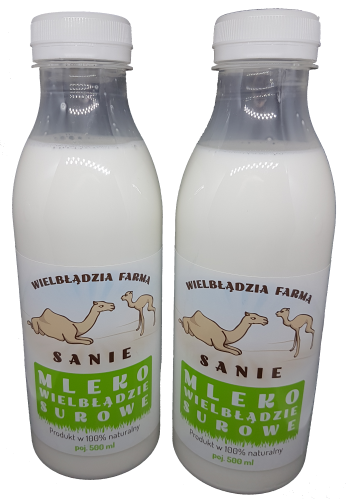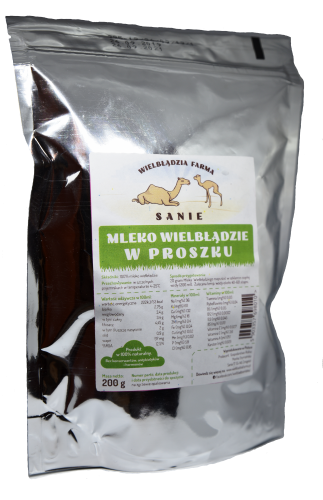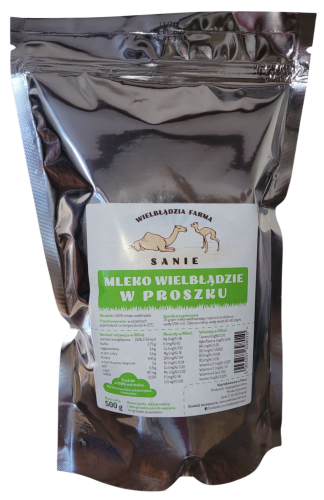 W nowym sklepie sStore 4.0 możesz dowolnie układać boxy, możesz dowolnie tworzyć i nazywać boxy. Możesz w nich umieszczać cokolwiek chcesz: reklamy flash, filmy video lub reklamy Google... To jak nazwiesz box, gdzie go umieścisz lub co tam umieścisz, zależy tylko od Ciebie! Może to być również reklama Twojego forum lub portalu. Niech zadziała Twoja wyobraźnia..... Zobacz jakie to proste -> Zobacz
W nowym sklepie sStore 4.0 możesz dowolnie układać boxy, możesz dowolnie tworzyć i nazywać boxy. Możesz w nich umieszczać cokolwiek chcesz: reklamy flash, filmy video lub reklamy Google... To jak nazwiesz box, gdzie go umieścisz lub co tam umieścisz, zależy tylko od Ciebie! Może to być również reklama Twojego forum lub portalu. Niech zadziała Twoja wyobraźnia..... Zobacz jakie to proste -> Zobacz | Products: 8 |
| Categories: 1 |
| Visits: 4337191 |
ALLERGIES
Allergy to cow's milk is quite common in children in the first years of life. Cow's milk contains casein and whey proteins. It is believed that beta-lactoglobulin, which is not found in human milk, is the most important allergen in cow's milk. The casein fraction has also been shown to have significant antigenic potential, which can be partially eliminated by processing, whereas caseins retain IgEs binding capacity even after denaturation. There is therefore a need to provide substitutes for children who are allergic to cow's milk proteins. Soy milk or hydrolisates from cow's milk are commonly used. However, it is estimated that about 10-20% of children allergic to cow's milk do not tolerate soy derivatives, and negative reactions of the body to hydrolysates were also observed. Children who are allergic to cow's milk may also be allergic to buffalo, goat, sheep, donkey and mares milk, due to the existence of a positive cross-reactivity with their counterparts in cow's milk. The sources of protein are sought that could be administered in cases of cow's milk allergy. The alternative is camel milk. El-Agamy et al. Conducted studies to assess the suitability of camel milk as a substitute for children with cow's milk allergy. In these studies, the molecular and immunological similarities between cow's and camel's milk proteins were analyzed, and the antigenic characterization of camel milk proteins and their immunological cross-reactivity with cow's milk proteins were presented. Camel milk proteins have been shown to have unique properties that reflect a separate structure and composition compared to cow's milk. Antigenic differences between milk proteins from these two animal species were observed. In particular, the lack of beta-lactoglobulin, one of the main allergens of cow's milk, as well as the lack of proteins with electrophoretic mobility comparable to beta-lactoglobulin, which makes the camel milk largely similar to human milk, should be emphasized. It reduces the allergic reactions of children and strengthens their future reaction to food. Particularly noteworthy is the level of beta-casein similar to that in human milk, which is the main casein fraction of camel milk and is responsible, among others, for for greater digestibility of this milk compared to the milk of other ruminant species. According to Al Haj and Al Kanhal, its content is about 58%, compared to 36% in cow's milk.
Source:
Katarzyna Czyż, Nili Mohammed Seghir, Bożena Patkowska-Sokoła, Tadeusz Szulc, Zbigniew Dobrzański, Robert Bodkowski "Biological and technological features of camel milk"




